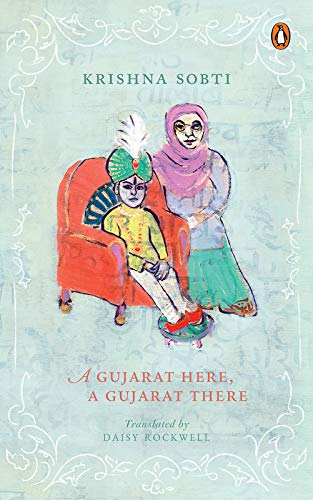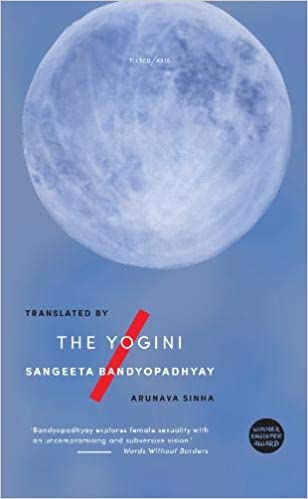A Gujarat Here, A Gujarat There
by Krishna Sobti and translated by Daisy Rockwell (Penguin India, 2019)
The Partition of the Indian subcontinent into the nations of India and Pakistan was one of the greatest disasters of the twentieth century, resulting in as many as two million people killed and well over ten million people displaced. This amazing autobiography, told in a modernist, experimental style and translated from Hindi, tells the story of one of the many women who lost her homeland in Pakistani Gujarat during Partition. She then goes to work as a governess for the royalty of one of the numerous princely states in the moments immediately before it is swallowed up by the newly independent India. With language that is as rich and lush as poetry, this complex and true story explores the multiple and often conflicting layers of belonging and displacement that characterize life in mid-twentieth-century India.
.
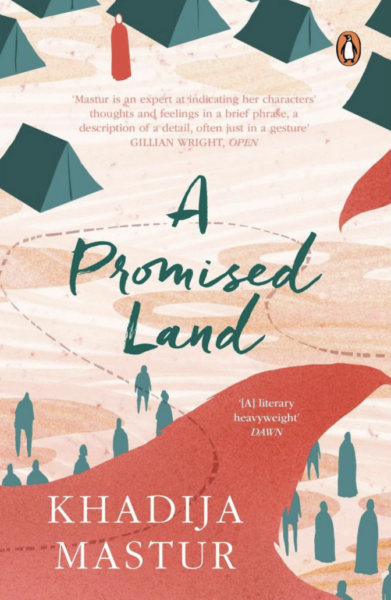
A Promised Land
by Khadija Mastur and translated by Daisy Rockwell (Penguin India, 2019)
This is another truly remarkably novel about the Partition of the Indian subcontinent, this one written by a feminist novelist writing in Urdu. Writing in ways that are powerful in places and subtle in others (no doubt to avoid Pakistani censors), she explores the complex ways that women were caught up in the disaster of Partition and forced into subjugated positions within Pakistani society. The result is a vivid and dramatic feminist novel about the role that politics, religion, patriarchy, and corruption played in determining the experience of women in newly independent Pakistan.
.
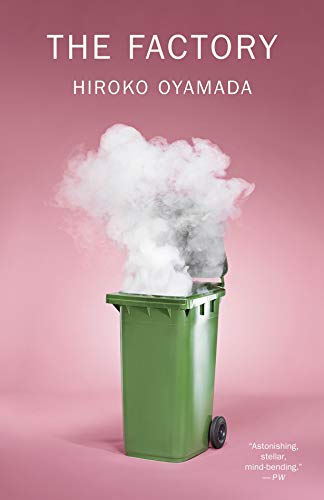
The Factory
by Hiroko Ovamada and translated by David Boyd (New Directions, 2019)
This surreal and fascinating book comes from one of Japan’s most important emerging novelists. It is an especially clever text, narrated from multiple, constantly shifting viewpoints, and explores what it means to work in a large corporation in which one is only a tiny, insignificant cog. This surprising book has, in Japan, attracted significant critical attention and contributed to discussions about the role of the individual in the workplace, especially now in the 21st century when extractionist logic dominates capitalist production.
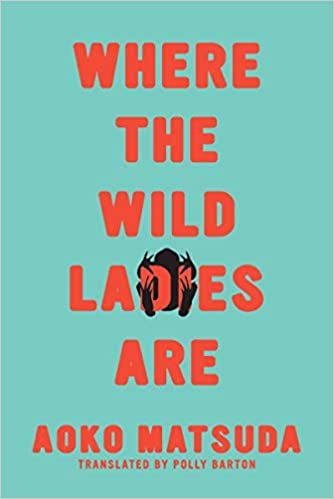
Where the Wild Ladies Are
by Aoko Matsuda and translated by Polly Barton (Tilted Axis Press, 2019; Soft Skull Press, 2020)
This book, laugh-out-loud funny and poignant in turns, consists of contemporary retellings of classic Japanese ghosts stories. Lesbian love between a contemporary woman and a ghost from old Japan? Talking trees that heal lactating breasts? Every chapter presents a new, wildly creative take on an old folktale for the twenty-first century. After finishing this book, I was in awe of the breadth of Matsuda’s rich imagination.
The Yogini
by Sangeeta Bandyopadhyay and translated by Arunava Shinha (Penguin India, 2019; Tilted Axis Press, 2019)
This psychologically rich novel, written by a Bengali feminist writer, deserves significant critical attention. The style shifts seamlessly between a more mythological, dreamy, even surreal storytelling mode about the encounter between a woman and a mysterious sadhu and a more fact-based storytelling mode recounting the woman’s life in modern India. This meditation on the nature of fate shows how difficult it can be to navigate the material world while also trying to find a self-fulfilled, independent, erotically satisfying existence that women chose on their own.
O
O
O
O
O
O
O
O
O
O
O
O
O
O
O

Jeffrey Angles (1971-) is a poet, translator, and professor of Japanese literature at Western Michigan University. His collection of poetry Watashi no hizukehenkōsen (My International Date Line, 2016), which he wrote in Japanese, won the highly coveted Yomiuri Prize for Literature, comparable to the Pulitzer Prize in the US. He is the first non-native speaker ever to win for a book of poetry. In addition, he has published dozens of translations of Japan’s most important modern authors and poets earning numerous prizes for his translation work. He believes strongly in the role of translators as activists, and much of his career has focused on the translation into English of socially engaged, feminist, or queer writers. He has published Killing Kanoko: Selected Poems of Hiromi Itō and Wild Grass on the Riverbank, also by Hiromi Itō, with Action Books.
